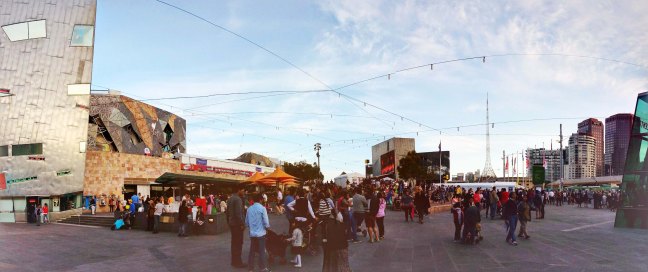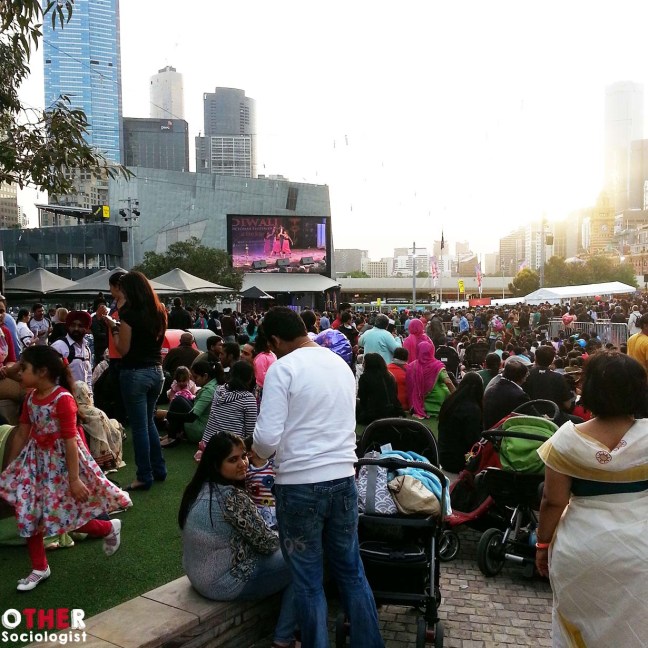I’ve been away for work for awhile now, and hope to bring you more on this soon. For now, I thought I’d share with you a post I had planned to publish weeks ago, but haven’t been able to finish until now. Let’s talk about the sociology of Indian people in Australia, with a case study of the Hindu festival of Diwali in Melbourne.
Indian migration to Australia has a long history, dating back to the 19th Century, with early records showing the British brought Indian servants (noting this may have included forced servitude). At the time of colonial Australia’s first Census, there were 1,800 Indian people in Australia. Today, Indian-Australians represent our fourth largest migrant group and they are also the biggest growing migrant group next to China, with their population doubling in the past decade, according to the Australian Bureau of Statistics.
In the most recent Census of 2016, over 455,000 Australians were born in India, corresponding to 1.9% of our population, though this does not include the second-generation (their children born in Australia). Together with Nepalese-Australians, Indian people make up 76% of the Hindu population in Australia (noting that Hindu people make up only 1.9% of our national population).

Continue reading Sociology of Indian-Australians and the Diwali Festival

